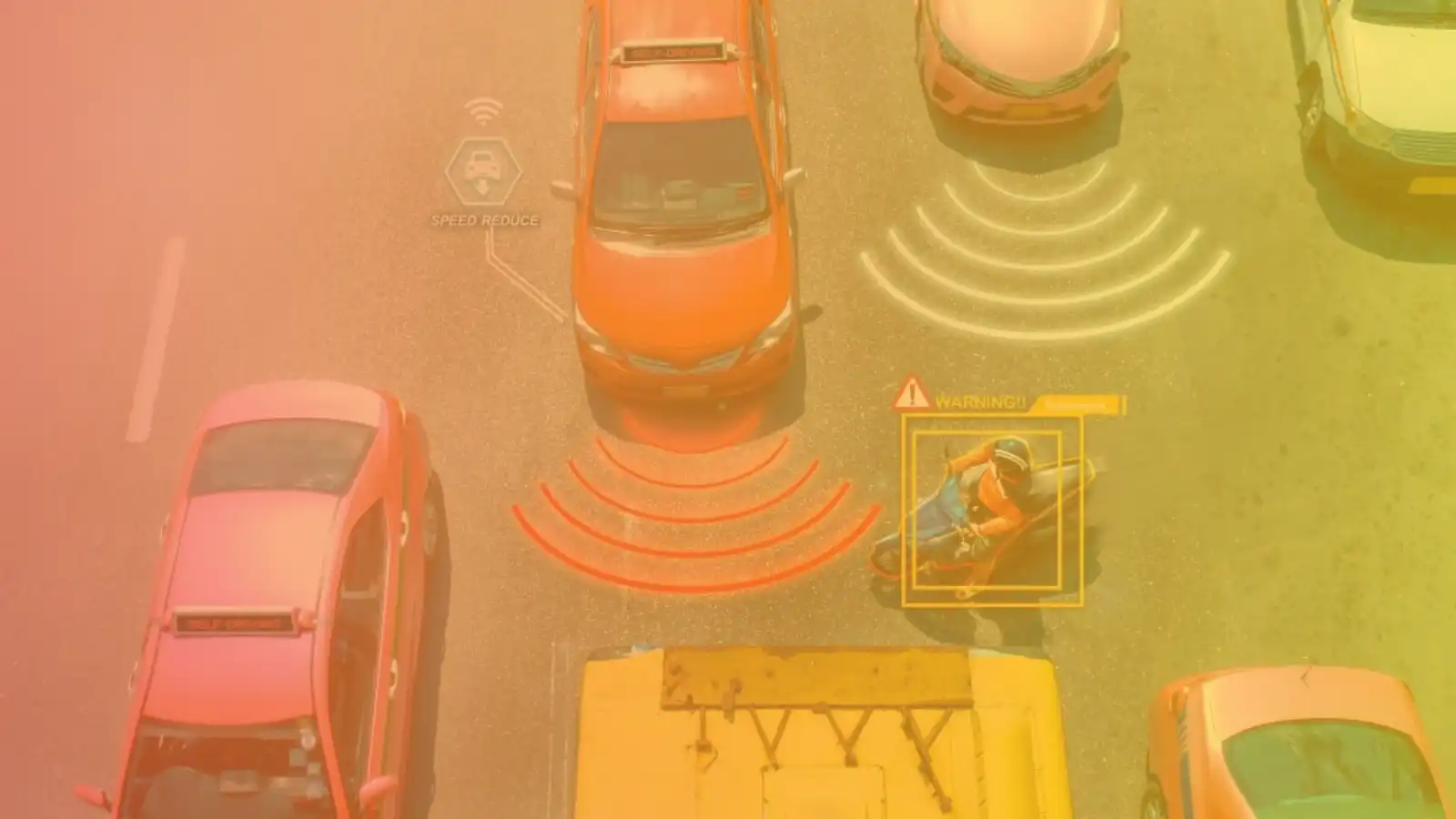In our ongoing exploration of the AI landscape, this post highlights a takeaway from this week’s Berkeley Law Executive Education’s AI Institute. A critical concern for executives is the intertwined relationship of trust and liability in AI. If companies define what users should expect from technology, that builds trust; however, a lack of compensation when a liability is incurred breaks that trust. Understanding the nuances of this relationship is paramount for leaders as they navigate the transformative potential of AI.
Unpacking AI’s Unique Liability Challenges
Traditional software operates on an “if/then” basis, offering a clear trail back to the root of any issues. Pinpointing responsibility is relatively straightforward and allows for the assignment of liability. With AI, however, two primary challenges arise:
- Autonomy – No two AI-driven situations are exactly alike, making it hard to replicate scenarios and outcomes for liability assignments.
- Opacity – AI’s learning process is like a “black box,” with the system setting its own learning parameters. This makes it hard to provide a concrete textual explanation for its decisions. Can an AI vendor hide behind this opacity to avoid liability?
“Such complexities lead to a pressing question: When AI errs, who’s held accountable?”
Balancing AI’s Advantages with its Risks
The advantages of AI are undeniable, from improving operational efficiency to delivering unprecedented customer experiences. Yet, leveraging these benefits demands user trust. A single AI mishap can erode years of trust-building, reminding us of a fundamental truth: progress moves at the speed of trust.
A Cruise got stuck in wet concrete on Golden Gate Avenue on Tuesday, Aug. 15, 2023.
Establishing trust hinges on aligning AI with societal expectations. Interestingly, while we tolerate a certain level of human error, our patience wears thin with machine mistakes. This inconsistency risks stifling AI’s potential to bring about positive change. For instance, if an autonomous car’s AI system makes a single mistake, it’s magnified, even if the technology could reduce overall road accidents.
AI Playbook: Building Trust Through Accountability and Transparency
To foster trust, businesses must adopt a robust AI playbook, focusing on:
- Accountability – Ensures that when AI systems make decisions or take actions, there’s a discernible entity or process in place to answer for outcomes.
- Explainability – Foster trust to ensure AI’s decision-making processes can be understood by humans and allow informed oversight in complex AI-driven operations.
- Transparency – Ensuring AI systems’ actions and intentions are clear and comprehensible, fostering an environment of informed decision-making and trust.
- Good Governance – Implementing robust oversight mechanisms and ethical standards to guide AI deployment, ensuring responsible and beneficial outcomes.
Dirk Staudenmayer of the European Commission aptly framed AI’s trust dynamics as two sides of the same coin: A liability regime for after-the-fact responses and product safety for proactive measures in product design. Without victim compensation, trust deteriorates rapidly.
Supporting this viewpoint, Laila Paszti from Kirkland & Ellis emphasizes a balanced regulatory approach. Over-regulation risks stifling innovation, but established liability norms, if designed with digital technologies in mind, can address inevitable AI mishaps.
Real-life Implications
Consider Tesla’s Autopilot system. Jeffrey Bleich of Cruise highlights the benefits of autonomous vehicles, including access and safety, while facing scrutiny for individual accidents. However, being mindful that no two circumstances are alike and assigning liability will be challenging.
Similarly, AI-driven chatbots, like those used by major banks, face trust issues. A single misinterpretation can lead to financial implications for customers, emphasizing the need for transparency and accountability.
Navigating the AI Ecosystem with The Berkeley Innovation Group
The fast-paced evolution of AI demands agile leadership and informed decisions. Grappling with the intertwined dynamics of trust and liability is a necessity for modern enterprises. Through this exploration, it’s clear that while AI offers transformative opportunities,balancing the promise of AI with its inherent risks requires a blend of strategic foresight, ethical considerations, and sound governance.
At The Berkeley Innovation Group, we are at the forefront of this AI revolution, equipped to guide businesses in harnessing AI’s potential responsibly. Partner with us, and let’s navigate the complexities of AI together, ensuring your business not only adapts but leads in this dynamic landscape.



